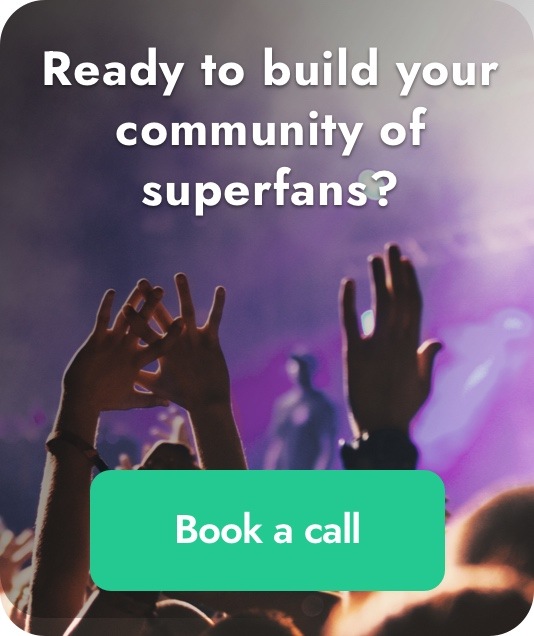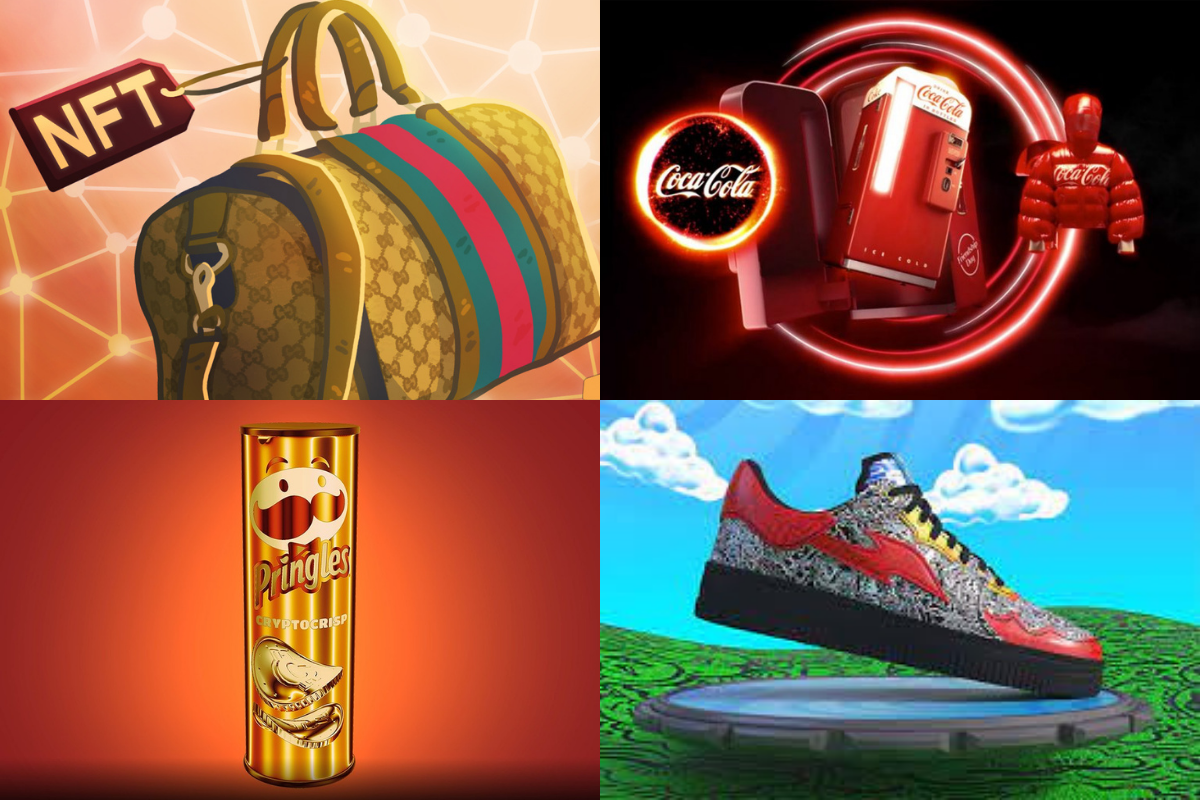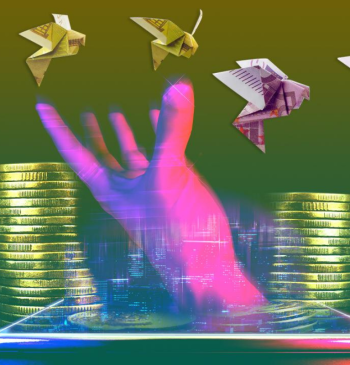With every discussion about NFTs comes a debate. But there are some common myths and misconceptions that feature heavily in any NFT or web3-related discussion, and we think it’s time we move the conversation past them. It’s essential we do that to have a more nuanced discussion that enables us to think beyond the current lines and come up with innovative solutions with true value.
Myth #1: NFTs are just about art
NFTs have exploded in popularity as digital tokens for art and collectibles. However, their potential uses extend far beyond this realm. One of the key advantages of NFTs is that they are unique and cannot be replicated, making them ideal for representing a wide range of assets. For example, music albums and concert tickets can be tokenised as NFTs, allowing artists to offer them as exclusive, limited-edition products that are only available to NFT holders. Similarly, sports teams and leagues can use NFTs to offer memorabilia and experiences, such as meet-and-greets with players or exclusive access to events.
Beyond offering unique products and experiences, NFTs can also be used to enhance brand personalities and their relationships with customers. Brands can create exclusive, immersive experiences for NFT holders, such as virtual reality experiences or behind-the-scenes tours. These experiences can help build stronger relationships with customers and foster a sense of community among NFT holders.
Overall, this versatility gives NFTs potential applications in many areas beyond just art.
Myth #2: NFTs don’t actually have a point
Much like painting landscapes or getting your favourite celebrity’s autograph, we treasure things by assigning them value. NFTs can hold a significant amount of value: they’re digital assets that allow businesses to give them meaning through the creation of unique identities, sentimental value, or as memorabilia. What does that mean? They allow brands to tap into emotions and relate to an audience, making them a valuable tool in marketing campaigns and brand development. When our chosen apps in our phones for photos and videos throw up ‘this day, last year’ memories, or when brand send us birthday wishes and anniversary surprises or discounts, we feel special: imagine this on a larger scale, with digital assets reaching customers to engage them and make them not only feel seen, but cared for. From exclusive offers to collectibles, it’s up to every brand to creatively use NFTs as a tool that they can personalise to drive customer loyalty and connection.
Furthermore, NFTs can also be used to create limited-edition products that drive demand and increase value. By limiting the number of NFTs available, businesses can create a sense of scarcity that drives up the perceived value of those products. Take, for example, the phenomenon of autographed posters or celebrity videos as birthday wishes. Imagine turning these into very rare digital assets, which are accessible regardless of border limits – as long as, of course, the customer has the ability to pay for them or earn them.
There is potential beyond just monetary value to NFT, from brand personality development to increasing growth and sales. What matters is not what we currently think NFTs do, but what brands and businesses can imagine they can provide to their customers.
Myth #3: You need specialised knowledge to create or own NFTs
While it’s helpful to have some understanding of web3 principles and blockchain technology, it is not necessary for individuals to have a deep understanding of these concepts in order to get started with using NFTs. Many platforms and resources are now available that make it easy for anyone to create, buy, and sell NFTs.
One such platform is OpenSea, which is a marketplace for digital collectibles that allows creators to sell their NFTs directly to buyers. The platform handles the technical aspects of creating and managing NFTs, making it easy for creators to get started with minimal knowledge of blockchain technology.
In addition, other platforms such as The Blue Marble provide enterprises and businesses with an effortless way to send NFTs to anyone they need, regardless of their technical know-how or crypto experience. It allows users to send NFTs directly to someone’s email address, without the need for a crypto wallet or other technical expertise.
NFTs are increasingly accessible and definitely don’t require a lot of IT experience to leverage them for good.
What does this mean?
In short, especially for those working in brand development or marketing, it’s time to recognise that NFTs are a unique and versatile technology that offer us exciting avenues to leverage, letting us create deeper connections with customers, other businesses, or the world at large. By recognising the true value of NFTs and moving past the myths and misconceptions surrounding them, we can properly explore their potential and unlock new opportunities for creativity and innovation.
Not sure where to start? Set up a chat with The Blue Marble today to collaborate on inventive new solutions.



